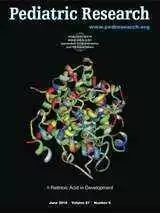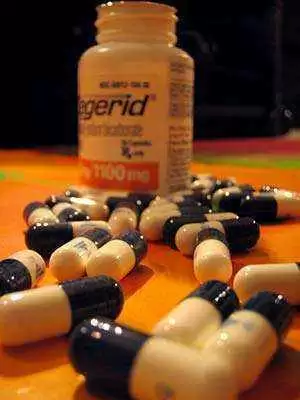
Celiac.com 05/21/2015 - Some studies have indicated higher rates of reflux in patients with celiac disease, but there hasn't really been any clear data on the risk for celiac disease in patients presenting with reflux.
 A team of researchers recently set out to determine rates of celiac disease in patients with GORD, and to better understand the nature of reflux symptoms in newly diagnosed celiac disease patients.
A team of researchers recently set out to determine rates of celiac disease in patients with GORD, and to better understand the nature of reflux symptoms in newly diagnosed celiac disease patients.
Celiac.com Sponsor (A12):
The research team included P.D. Mooney, K.E. Evans, M. Kurien, A.D. Hopper, and D.S. Sanders. They are affiliated with the Regional GI and Liver Unit, Royal Hallamshire Hospital, Sheffield, South Yorks, UK.
The team divided the patients into groups as follows:
Group A included 3368 patients who had undergone routine duodenal biopsy, and prospectively recruited between 2004 and 2014. Researchers compared these results with those of a screening control group.
Group B included 32 patients with newly diagnosed celiac disease who had undergone esophageal manometry and 24-h pH studies, prospectively recruited.
The results showed the following:
Of the 3368 patients in Group A who received routine duodenal biopsy, 850 (25.2%) presented with GORD.
Rates of celiac disease among GORD patients was just 1.3% (0.7-2.4%), about the same as in the general population (P=0.53).
Routine duodenal biopsy at endoscopy showed that reflux was negatively associated with celiac disease, with an adjusted odds ratio of 0.12 (0.07-0.23), P<0.0001.
In group B, about one third of patients complained of reflux. Manometry showed that just under 10% had a hypotensive lower esophageal sphincter, and 40.6% had esophageal motor abnormalities, with 25% showing significant hypocontraction. Also, pH study did show that one in three did in fact suffer reflux episodes.
The main takeaway from this study is that GORD patients have undiagnosed celiac disease at about the same rate as the general population, and so routine duodenal biopsy cannot be recommended for patients with GORD.
Interestingly, pH/manometry studies showed a fairly high percentage of newly diagnosed celiac patients with reflux and/or esophageal dysmotility; which might explain the high prevalence of reflux symptoms in celiac disease.
Source:
- Open Original Shared Link








.thumb.jpeg.68baa0c544d6e8650c8d7d90634190c3.jpeg)



Recommended Comments